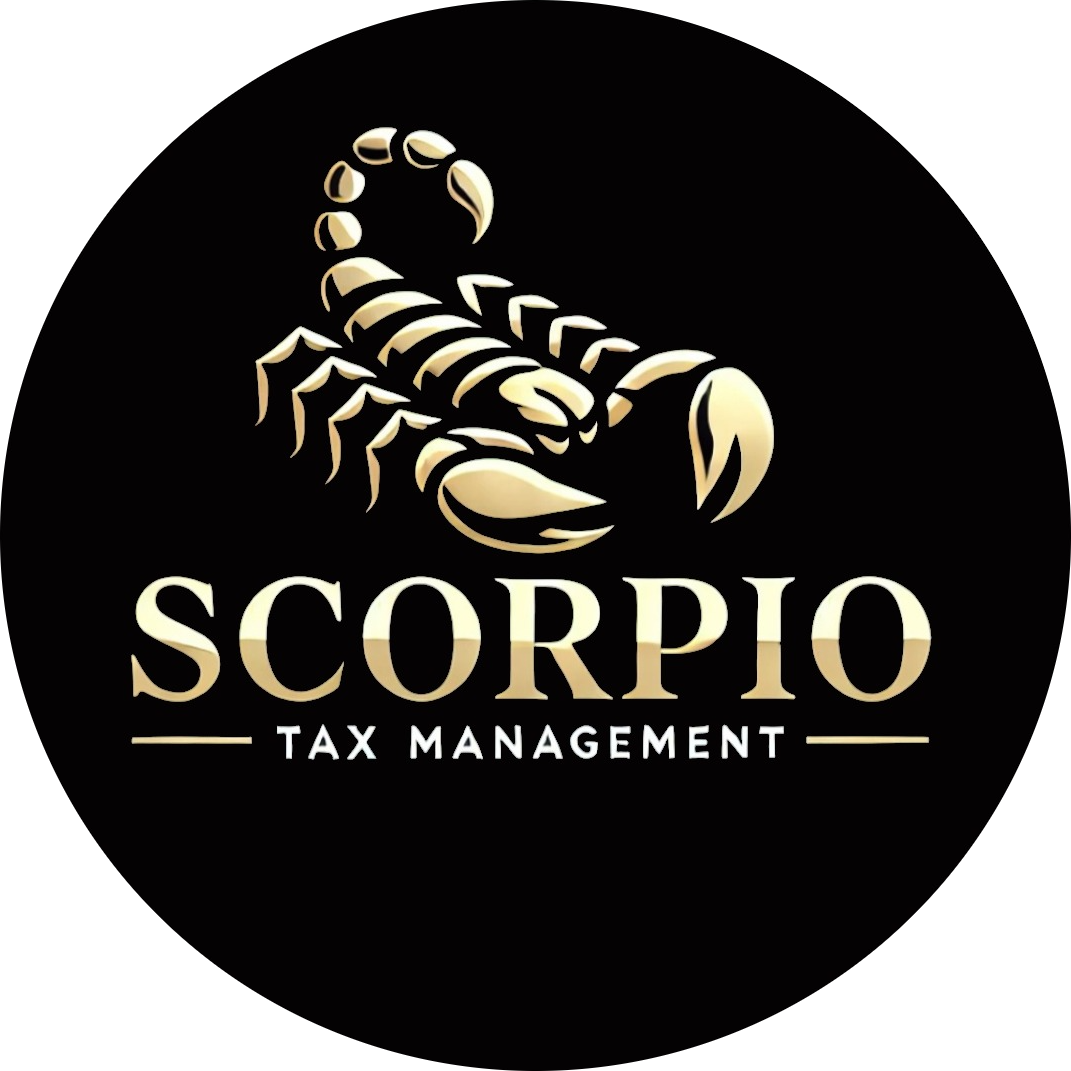Tax Strategies and Tips for Restaurant Owners: How to Maximize Deductions and Minimize IRS Risk
Running a restaurant is demanding, both operationally and financially. Between labor costs, food inventory, and regulatory compliance, most restaurant owners are consumed with day-to-day operations and often overlook valuable tax strategies that can improve cash flow and reduce liability. Whether you run a fast-casual café, a full-service dining establishment, or a food truck, understanding how to legally minimize taxes and properly structure your tax planning is critical. This guide is designed to educate restaurant owners on legitimate deductions, credits, and strategies—and to highlight why working with an experienced Enrolled Agent can make a significant financial difference.
Write to Tax@S-CorpTax.com, or call (858) 779-4125.
Restaurant Taxes
Restaurant Need Proactive Tax Planning
Restaurants face a unique mix of tax challenges:
High employee turnover and complex payroll structures
Tip reporting compliance and IRS scrutiny
Large equipment purchases and capital improvements
Narrow profit margins requiring meticulous expense tracking
These complexities mean that basic tax prep is not enough. Proactive, year-round tax planning can turn compliance into a profit-saving opportunity.
Common Tax Deductions for Restaurant Owners
Cost of Goods Sold (COGS)
Includes food and beverage inventory, packaging, condiments, and disposables. Accurate inventory tracking is essential.
Labor Costs
Wages, salaries, payroll taxes, and employee benefits are fully deductible. Be sure to separate front-of-house and back-of-house roles for audit-proof reporting.
Rent and Lease Payments
Deduct rental payments for your commercial space and any leased equipment.
Utilities and Operational Expenses
Water, electricity, gas, and cleaning services are all valid deductions.
Depreciation
Restaurant owners can write off the depreciation of assets such as kitchen equipment, furniture, point-of-sale systems, and renovations. Section 179 expensing and bonus depreciation rules should be evaluated for immediate tax savings.
Advertising and Marketing
Promotions, flyers, digital ads, and even menu design costs qualify.
Employee Meals and Shift Food
Meals provided to employees during shifts may be deductible if they meet IRS guidelines.
Business Insurance
General liability, workers’ compensation, and property insurance premiums are deductible.
Professional Fees
Fees paid to tax advisors, legal counsel, accountants, and consultants.
Delivery and Transportation Costs
Mileage for catering or supply runs, delivery vehicle expenses, and delivery service fees.
Tax Credits Available to Restaurants
Work Opportunity Tax Credit (WOTC)
For hiring employees from targeted groups (e.g., veterans, long-term unemployed).
FICA Tip Credit
Allows restaurant owners to claim a credit for employer-paid FICA taxes on tips reported by staff. This is one of the most underused credits in the industry.
Employee Retention Credit (ERC) (retroactive eligibility still possible)
If your restaurant was affected by COVID-19 restrictions, you may still be eligible to file amended returns for ERC claims.
Structuring Your Restaurant for Tax Efficiency
Many restaurants operate as sole proprietorships or LLCs by default, but this may not be optimal. Establishing an S-Corporation or electing S-Corp status can reduce self-employment taxes significantly.
S-Corp Benefits
Split income between reasonable salary and owner distributions
Only the salary portion is subject to payroll taxes
Increased audit protection when structured properly with payroll
Multi-Entity Strategy
Some restaurant owners benefit from separating the operating business from the property-holding entity for liability and tax benefits.
Don’t attempt to handle your tax situation all by yourself… work with professionals!
The trouble and money a good tax strategist can save you often pays off right away.
Scorpio Tax Management can help you. There’s no cost to have a first conversation.
We are Enrolled Agents, licensed directly by the IRS to advise and represent taxpayers.
Scorpio Tax Management can assist High Income Earners and Business Owners in all 50 states
Please write us at Tax@S-CorpTax.com, or call (858) 779-4125. You can also schedule a call in advance HERE.
California
We assist business owners in all the following California cities and their surrounding areas:
San Francisco, including Marin County (Sausalito, Mill Valley, Tiburon), Silicon Valley (Palo Alto, Menlo Park, Mountain View), and the entire East Bay (Oakland, Berkeley, Fremont).
Paso Robles, including Atascadero, San Luis Obispo, Morro Bay, and all other parts of the Central Coast.
Santa Barbara, including Buellton, Santa Ynez, Montecito, Ventura, Oxnard, and Carpinteria.
Los Angeles, including Malibu, Santa Monica, Beverly Hills, Hollywood, South Bay (Manhattan Beach, Redondo Beach), and Pasadena.
Orange County, including Anaheim, Huntington Beach, Newport Beach, Irvine, Laguna Beach, and Costa Mesa.
San Diego, including Del Mar, La Jolla, Rancho Santa Fe, Encinitas, Oceanside, and Carlsbad.
Palm Springs, including Palm Desert, Rancho Mirage, Indio, La Quinta, and all other parts of the Coachella Valley.
Florida
We serve business owners across Florida’s vibrant cities and regions, from bustling urban centers to coastal communities:
Miami, including Miami Beach, Coral Gables, Coconut Grove, Key Biscayne, and the greater Miami-Dade County area.
Fort Lauderdale, including Hollywood, Pompano Beach, Weston, Davie, and all of Broward County.
West Palm Beach, including Boca Raton, Delray Beach, Jupiter, Palm Beach Gardens, and the entire Palm Beach County area.
Tampa, including St. Petersburg, Clearwater, Sarasota, Bradenton, and the broader Tampa Bay region.
Orlando, including Winter Park, Kissimmee, Lake Buena Vista, Celebration, and the greater Central Florida area.
Jacksonville, including St. Augustine, Ponte Vedra Beach, Amelia Island, and all of Duval and St. Johns Counties.
Naples, including Marco Island, Bonita Springs, Estero, and the entire Collier County and Southwest Florida region.
Nevada
Our tax services extend to Nevada’s key business hubs and surrounding communities, supporting entrepreneurs in a tax-friendly state:
Las Vegas, including Henderson, Summerlin, North Las Vegas, Boulder City, and the entire Clark County area.
Reno, including Sparks, Carson City, Truckee, and the broader Washoe County and Northern Nevada region.
Lake Tahoe (Nevada side), including Incline Village, Stateline, Zephyr Cove, and the surrounding South Lake Tahoe area.
Henderson, including Green Valley, Anthem, Seven Hills, and nearby communities in the Las Vegas Valley.
Elko, including Spring Creek, Carlin, and the greater Northeastern Nevada region.
Mesquite, including St. George (nearby Utah border), Bunkerville, and the Virgin Valley area.
Pahrump, including Nye County and surrounding rural communities west of Las Vegas.
Tennessee
We support business owners in Tennessee’s dynamic cities and regions, from music hubs to growing entrepreneurial centers:
Nashville, including Franklin, Brentwood, Hendersonville, Murfreesboro, and the greater Davidson and Williamson County areas.
Memphis, including Germantown, Collierville, Cordova, Bartlett, and the broader Shelby County region.
Knoxville, including Farragut, Maryville, Oak Ridge, Sevierville, and the entire East Tennessee area.
Chattanooga, including Lookout Mountain, Signal Mountain, Hixson, and the surrounding Hamilton County and Southeast Tennessee region.
Clarksville, including Hopkinsville (nearby Kentucky border), Springfield, and the greater Montgomery County area.
Johnson City, including Kingsport, Bristol, Elizabethton, and the Tri-Cities region of Northeast Tennessee.
Gatlinburg, including Pigeon Forge, Sevierville, and the Smoky Mountains area, catering to tourism-driven businesses.
We are not limited to the above states… Reach out to us! Our contact info is below.







